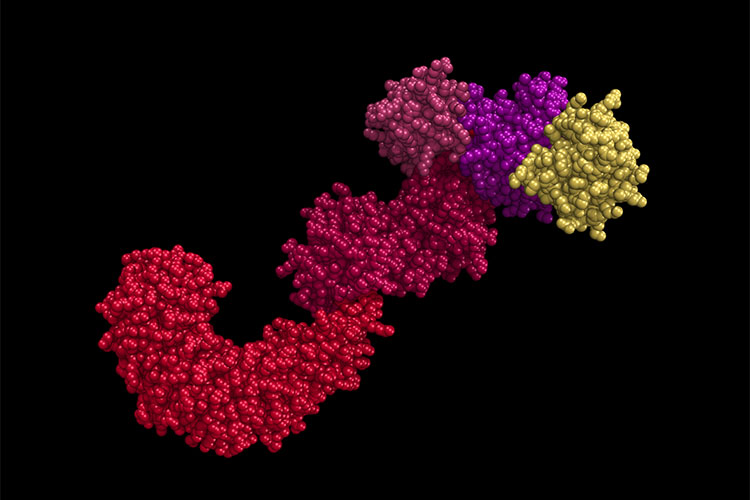
Chronic inflammation, which results when old age, stress or environmental toxins keep the body’s immune system in overdrive, can contribute to a variety of devastating diseases, from Alzheimer’s and Parkinson’s to diabetes and cancer.
Now, scientists at the University of California, Berkeley, have identified a molecular “switch” that controls the immune machinery responsible for chronic inflammation in the body. The finding, which appears online Feb. 6 in the journal Cell Metabolism, could lead to new ways to halt or even reverse many of these age-related conditions.
“My lab is very interested in unde...
Read More






Recent Comments